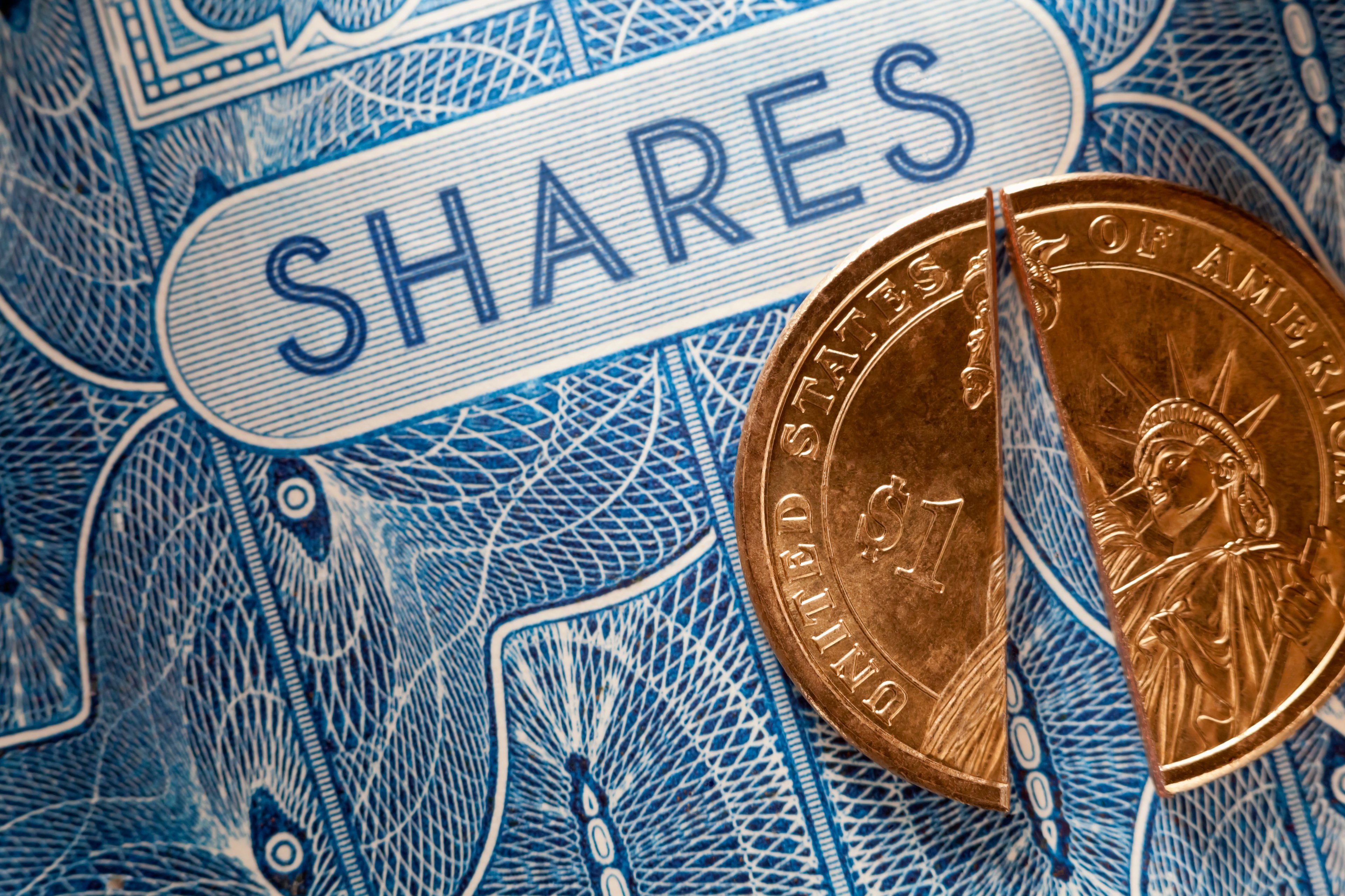
Facebook users can now find a link directly from the status update screen. Source: Facebook.
Sharing a link through the Facebook (FB 1.83%) app used to be something of an ordeal that notably involved leaving the Facebook app to copy a link to the article you wanted to share. Most likely, a user would search Google (GOOG +1.92%) (GOOGL +1.92%) for a link to share, which could lead to a lot of time spent outside the Facebook app.
Facebook recently released a feature it had been testing internally since January, and more publicly since May. It's called "Add a Link," and it allows users to tap into Facebook's social graph of existing link shares to find content to share with friends. It's a nice solution, and it makes Facebook's burgeoning Search feature much more useful. But it has several implications on not only Facebook's business, but several others as well.
Keeping users on Facebook
Many people are focusing on the fact that "Add a Link" will encourage users not to leave Facebook's walled garden and venture out into the wide open web, where they could get lost and distracted. That's certainly a benefit, and Google will feel a very slight impact from the new feature. Search volume might drop, but given that users would typically be searching for a specific news item, those aren't very valuable searches.
The bigger impact on Google could come down the line, if and when Facebook expands its search capabilities. Mark Zuckerberg indicated on the company's first-quarter conference call that Facebook will focus on recommending things your friends have shared when a user makes a search for restaurants, places to travel, or products. Those are high-value searches for Google, and Facebook may be able to produce better, more personalized results. Down the road, Facebook could compete with Google for search ad revenue, a business that generated an estimated $15 billion for Google in 2014.
In the meantime, "Add a Link" will simply keep users on Facebook longer. It speeds up the link-sharing rigmarole, which could lead to more content sharing on the website. That frees up more time for users to browse their News Feeds (and ads), and provides more content for Facebook to place in other users' News Feeds.
The bigger implication is for publishers
"Add a Link" uses a combination of link shares by a user's friends and the overall popularity of a post on Facebook as well as how well a query matches the text of an article to rank its search results. These social signals could turn Facebook into the primary destination for publishers to promote their articles, a spot currently held by Twitter (TWTR +0.00%)
Twitter prides itself on the fact that it's the place where news breaks, and it embraces the community of journalists that spend hours per day on the platform. But a recent study from Pew Internet Research found that 61% of millennials get their news from Facebook. Whichever article lands at the top of "Add a Link" search results will see a major boost in readership, which is better than any that self-promotion on Twitter could provide. Publishers would have to dedicate more time to Facebook as a result.
It could also have implications on publishers' decisions to participate in Instant Articles. Facebook's new hosted content format should theoretically produce more shares and, therefore, higher rankings on "Add a Link." Instant Articles, as their name implies, load faster than typical links and are able to feature more engaging content like autoplay videos and audio.
Instant Articles also keep users from navigating away from Facebook, and Facebook gets a cut of any advertising the publisher doesn't sell itself. Therefore, Facebook has a reason to favor Instant Articles over others when recommending articles through "Add a Link."
Both the need to promote articles through Facebook and the likely increased use of Instant Articles could have a negative impact on Twitter, since it's heavily reliant on publishers for some of its best content.
Bend to the will of Facebook
Facebook's position as one of the top destinations on mobile means a lot of new features it introduces have wider implications on other businesses. Other businesses have to adjust to tweaks in Facebook's News Feed algorithm or new features like Instant Articles.
Add a Link reaches well beyond the walls of Facebook, with the ultimate goal of keeping users more engaged on its own platform. More engagement implies more ad impressions and more revenue for Facebook. It could have a more immediate impact on publishers and Twitter, but Google should watch for further developments in Facebook's Search product as well.









